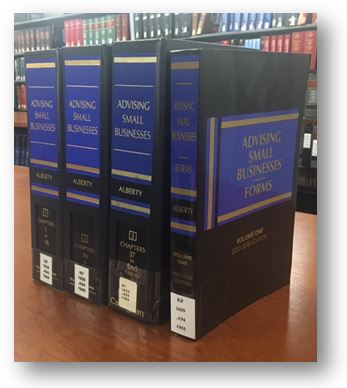With the recently-released, Friedman and Smith on Contracts and Conveyances of Real Property, author and editor James Charles Smith took on the monumental task of revising one of the key treatises in the area of real estate law. Ever since its first publication in 1954, the original Friedman on Contracts and Conveyances of Real Property, written by the late Milton R. Friedman, has been an authoritative reference resource for real estate attorneys and has been a reliable source for instructing lawyers as to what they should and should not be doing.
Divided into three volumes, Friedman and Smith explores practically every aspect of a real estate transaction from the contract of sale to the closing process and everything in between. Featuring over 140 sample forms, clauses, and checklists, Friedman and Smith also includes in-depth discussions of issues such as misrepresentation, mortgages and other encumbrances, marketable title and title examination, adverse possession and prescription, easements, covenants, and remedies for defaults. The text does not focus merely on one party to the transaction, but rather provides information that is useful to both buyers and sellers.
Before you take part in that next, or perhaps your first, real estate transaction, have a look at Friedman and Smith on Contracts and Conveyances of Real Property. It may just have all of the essential information you need.






